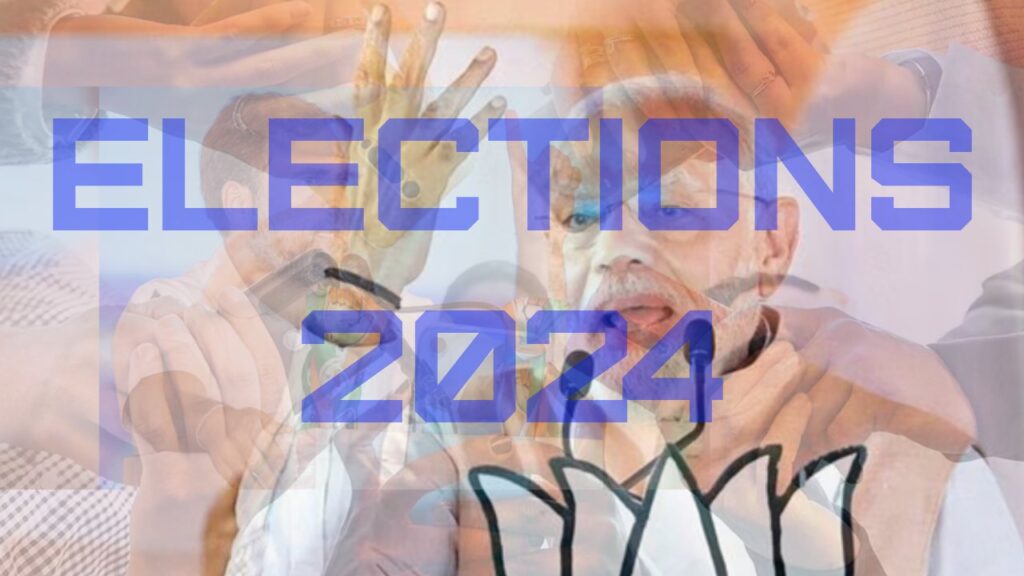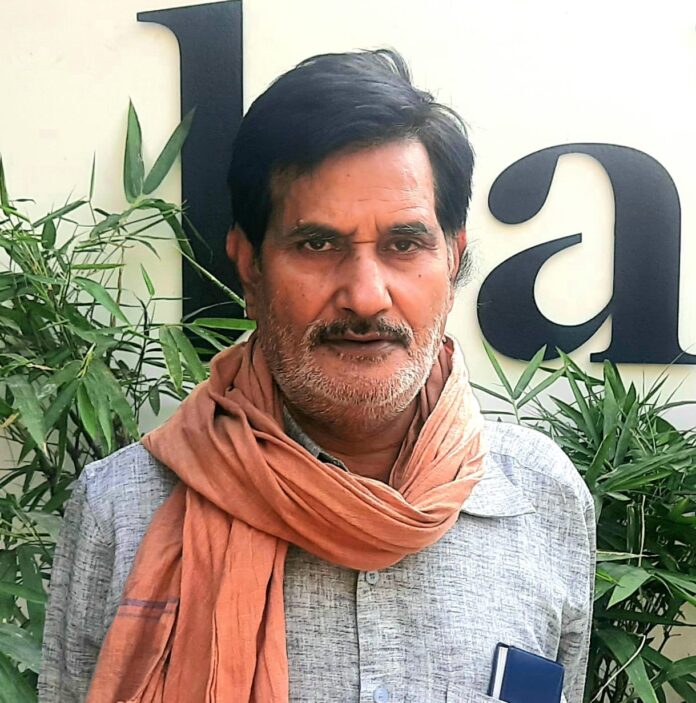Kranti Prakash, the Founder of the Campaign for Organic Farming and a distinguished socio-political activist, has a deep-rooted connection with grassroots movements. He embarked on his journey in activism during the JP Movement in Bihar. Throughout his career, Kranti has cultivated an extensive understanding of India’s political landscape, consistently leveraging his strong rapport with the masses to remain attuned to grassroots sentiments.
In an exclusive exchange with The Interview World, Kranti Prakash sheds light on the growing extravagance in the orchestration of recent elections across various party lines. He observes a significant transformation in democratic dynamics, emphasizing that elections are increasingly becoming a domain dominated by capitalist interests. According to Kranti, this shift poses challenges to the core principles of democracy. His insights provide a nuanced perspective on the evolving nature of electoral politics in India, underscoring the need for a more equitable and transparent democratic process.
Q: Given your extensive experience in analyzing Indian elections since 1977, what significant changes do you observe in the 2024 elections compared to past elections?
A: The 2024 election in India stands out as the most expensive in the nation’s history, surpassing all preceding contests in terms of financial demands. The exorbitant costs associated with candidacy render participation virtually impossible for middle-class individuals without substantial party backing. The immense financial prerequisites have deterred many prospective candidates, including several MPs and MLAs, from entering the race. Across regions like the Southern states, Bihar, Uttar Pradesh, and Gujarat, a formidable financial barrier has emerged for aspiring politicians, unless they possess significant personal wealth or enjoy robust party support.
Moreover, a noticeable shift has occurred in the dynamics of political engagement. Whereas previous elections fostered camaraderie among party workers, voters, and candidates, such solidarity has diminished significantly in the current electoral landscape. Today, political leaders often rely on monetary incentives, typically ranging from Rs. 500 to Rs. 1000, to secure the loyalty of party workers and ensure compliance with their directives. Consequently, the once unwavering allegiance of party workers has waned, mirroring the opportunistic behavior increasingly prevalent among political leaders. The guiding force of ideology, which once anchored political discourse, has become conspicuously absent in the context of the 2024 elections.
Furthermore, in states like Bihar, the electorate’s willingness to vote is contingent upon the distribution of monetary inducements or freebies. Reports have surfaced indicating that the staging of political rallies hinges on the candidate’s financial means or willingness to loosen their purse strings. Illustratively, Finance Minister Nirmala Sitharaman openly acknowledged her inability to finance her candidacy in this election during a televised interview, underscoring the formidable financial resources required for meaningful participation in the electoral process.
Q: Is this phenomenon observed among members of different political parties?
A: This phenomenon of orchestrated political gatherings extends beyond party boundaries, encompassing both ruling and opposition factions. The presence of crowds at these rallies is not a spontaneous display of public support but rather the result of significant financial investments. In today’s digital age, people increasingly opt to engage with political leaders’ speeches via smartphones, enjoying the convenience of their own homes. Adverse climatic conditions, such as heatwaves, compound the reluctance to attend physical rallies and deter participation. Without the provision of transportation, sustenance, and financial incentives, individuals don’t leave the comfort of their homes to attend these events.
Consequently, the mobilization of supporters requires not only effective messaging but also logistical support and incentives to overcome barriers to participation. This highlights the evolving nature of political engagement and the importance of adapting strategies to accommodate changing preferences and circumstances.
Q: How can we broaden our perspective to capture all significant changes occurring in this election?
A: The traditional role of party workers has undergone a transformation, yielding to the influence of smartphones. In today’s political landscape, people are increasingly turning to digital platforms to engage with speeches delivered by both ruling party leaders and opposition figures. This surge in online political engagement reflects the profound impact of the digitization of campaign strategies. While in 2019, digital initiatives played a relatively minor role, by 2024, they have become pivotal, fundamentally reshaping the dynamics of elections.
This paradigm shift underscores a marked reliance on technology, which has supplanted traditional methods of human connection in political discourse. As a result, what we witness is not merely a gradual integration of digital tools, but a profound reconfiguration of the electoral process itself, where the virtual realm has become as vital as physical interactions in shaping public opinion and mobilizing support.
Q: What are the notable transformations occurring within Indian democracy, and what implications do these changes carry for the voting process?
A: The 2024 elections mark a stark departure from the traditional ethos of Indian democracy. Unlike the United States, where capitalism often dominates political landscapes, our nation has historically boasted a robust connection between political leaders and society. However, this bond has been supplanted by the influence of technology and wealth, posing a grave threat to democratic principles. This trend, if unchecked, imperils the very sanctity of our democratic institutions.
In particular, the erosion of commitment to democratic duties and ideologies is evident among both political leaders and voters. Previously, figures such as Atal Bihari Vajpayee, Charan Singh, and Chandra Sekhar emphasized grassroots fundraising efforts, fostering a sense of communal involvement. Today, however, a troubling reversal has occurred, with major parties like the BJP and Congress centralizing financial support.
Gone are the days when political leaders were symbolically weighed against tokens of public affection; the concept of organic political donations has all but vanished. Recent controversies surrounding electoral bonds highlight the concerning shift in donation dynamics. Whereas contributions once flowed from the grassroots, they now emanate from the upper echelons of power. This top-down approach has led to a concerning phenomenon where party workers, tasked with election management, are increasingly disconnected from the values and objectives of their political affiliations.
Q: Given the purported decrease in banner usage juxtaposed with the observed rise in rallies featuring multiple banners and flags, what factors might underpin this trend?
A: Local rallies, once grassroots affairs, have evolved into events often managed by external organizations or election strategists such as Prashant Kishor. This shift diminishes their localized impact and fails to stimulate the local economy. Elections have undergone a process of corporatization, evident in the involvement of multinational corporations like Meta and Twitter, capitalizing on digital campaign strategies. Consequently, financial resources flow outwards, with little regard from political entities. Human interaction in politics is being supplanted by technological platforms.
Today, voter sentiment is swayed more by social media narratives than by emotional ties to political parties. These transformations foreshadow significant challenges for political parties in the future. The plight of the Congress Party today may well become a shared fate among other political entities due to the effects of corporatization, digitization, and centralized election management.



